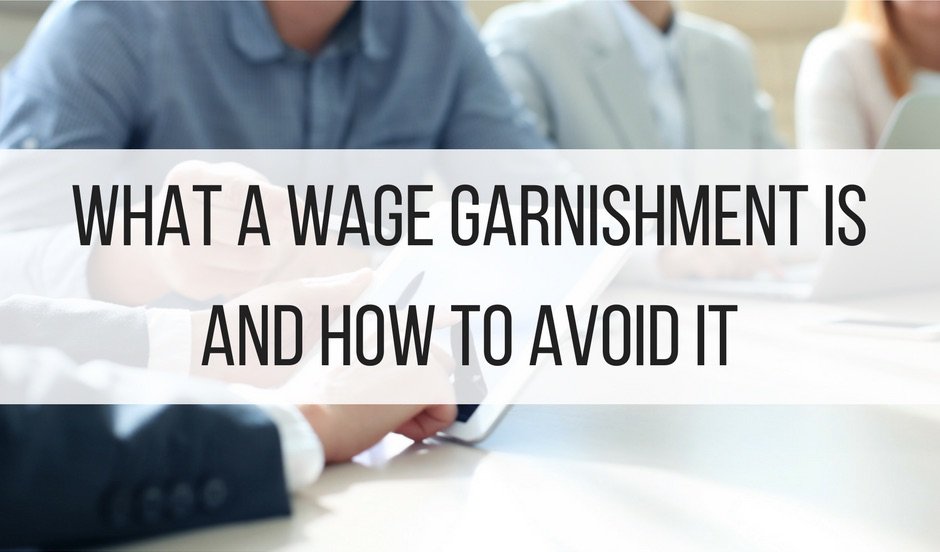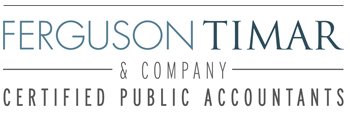
There are numerous tax penalties to consider when filing your personal taxes, especially if you are unable to make full payments on any amount that you owe. So, how does the IRS or your state tax board collect what’s due if you continue to miss your payments? A wage garnishment is one option.
A wage garnishment is an actual court-ordered agreement levied by the IRS. It could also be claimed by any other creditor to which you owe money, including student loans, alimony, child support, car loans, mortgages and credit cards. A wage garnishment is not to be confused with a bank levy, which is when the IRS or creditors will actually seize your bank accounts or other assets to collect debt. In this case, we’ll be focusing on the IRS in relation to your tax debt.
What Would Lead to Wage Garnishment?
Essentially, the IRS or state tax board have specific internal regulations that determine how and when wage garnishment will be sought as a form of debt collection. In most cases, you will have ample opportunities to pay off your tax debts before wage garnishment is enforced. It is usually a worst-case scenario after a long time of no payment history. In some financial distress situations, you may be able to work out a payment program or extension if you go through the proper channels. If you are facing serious tax debt, you should talk with a professional tax advisor to discuss your options.
The general rule of thumb is that the IRS cannot garnish more than 15 percent of your paychecks. Again, exceptions may be made based on your personal financial situation. State garnishment regulations will vary from state to state.
When Could Wage Garnishment Happen?
As noted already, it is usually after a long time has passed and you have made no efforts to pay off your tax debts or pursue any other settlement options. If this happens and you are selected for wage garnishment, the IRS or state tax board will send you a written notice before any lien on your wages takes place. When a tax lien does happen, the IRS will take priority over any other creditors for wage garnishment.
How Do I Stop Wage Garnishment?
If you can’t afford to pay your taxes, then you need to understand your options for payment plans, tax extensions and relief for financial distress. The personal tax experts at Ferguson, Timar & Company can help you walk through all your options and do what you need to in order to prevent a wage garnishment or bank levy from happening.
If you are in tax trouble, call Ferguson, Timar & Company today to schedule a personal tax consultation. We’ll get you moving in the right direction.
